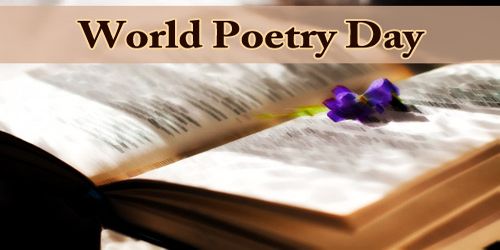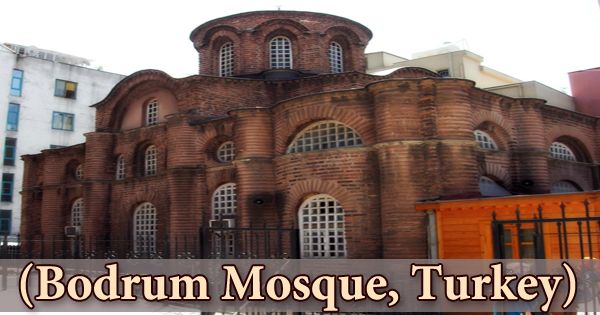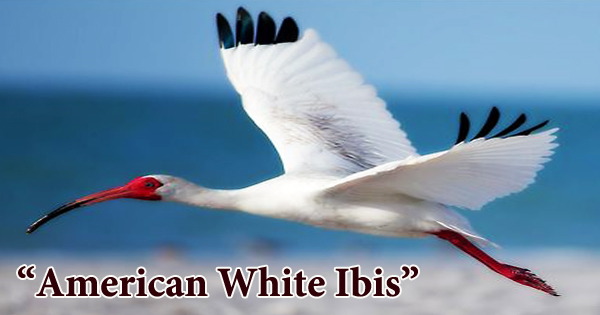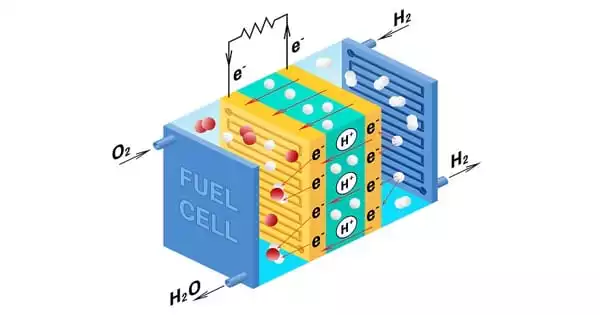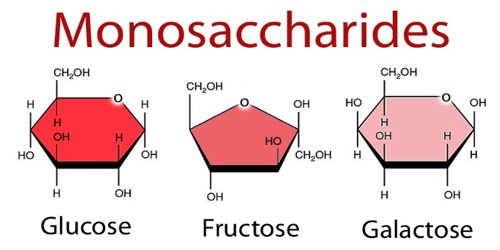Poetry is a form of literature that often celebrates abstraction and the beauty of words. Written poetry is thought to have surfaced about 2000 BCE with the Epic of Gilgamesh, although poetry likely predates literacy. Though the poetry of today has transformed in form and function, the root of its purpose can still be found in the desire of poets to explore the human condition through the power of imagery and metaphor. Poetry has become an underlying source of alleviation to much of humanity’s existential dilemmas, exhuming ideas from within. Poetry reaffirms our common humanity by revealing to us that individuals, everywhere in the world, share the same questions and feelings. Poetry is the mainstay of oral tradition and, over centuries, can communicate the innermost values of diverse cultures.
“World Poetry Day” is celebrated on 21st March, and was declared by UNESCO (the United Nations Educational, Scientific and Cultural Organization) in 1999, “with the aim of supporting linguistic diversity through poetic expression and increasing the opportunity for endangered languages to be heard”. Its purpose is to promote the reading, writing, publishing, and teaching of poetry throughout the world and, as the original UNESCO declaration says, to “give fresh recognition and impetus to national, regional and international poetry movements”. The event is celebrated around the world in readings and in ceremonies honoring poets of high achievement as well as in teaching the craft to aspiring writers. All in all, it is a day dedicated to poetry: an art form that has persisted for millennia and continues to enrich our understanding of the human condition to this day.
One of the main objectives of the Day is to support linguistic diversity through poetic expression and to offer endangered languages the opportunity to be heard within their communities. The observance of ‘World Poetry Day’ is also meant to encourage a return to the oral tradition of poetry recitals, to promote the teaching of poetry, to restore a dialogue between poetry and the other arts such as theatre, dance, music and painting, and to support small publishers and create an attractive image of poetry in the media, so that the art of poetry will no longer be considered an outdated form of art, but one which enables society as a whole to regain and assert its identity. This day is an occasion to honor poets, revive oral traditions of poetry recitals, promote the reading, writing, and teaching of poetry, foster the convergence between poetry and other arts such as theatre, dance, music, and painting, and raise the visibility of poetry in the media. As poetry continues to bring people together across continents, all are invited to join in.
